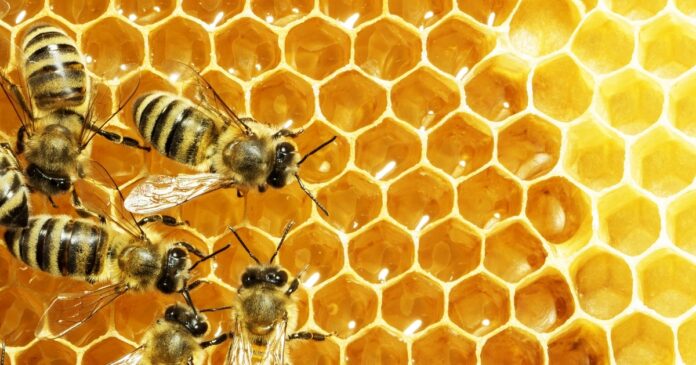Bees are awesome creatures and beekeeping an experience to have.
Honey bees pollinate more than 100 important crops. This includes many of the fruits and vegetables that we eat, but also a number of important crops such as nuts, herbs, spices oil-seed crops, forage for dairy and beef cattle, as well as medicinal and many ornamental plants. (uaex.edu)
What is beekeeping?
Beekeeping (Apiculture) is the maintenance of bee colonies, commonly in man-made hives by humans.
The beekeeper (apiarist) keeps bees to collect their honey and other products that the hive produces. The hive produces beeswax, propolis, flower pollen, bee pollen and royal jelly. You can keep bees to pollinate crops or sell to other beekeepers.
The site where bees are kept is known as an apiary or bee yard.
Types of bees
The common species of honey bees that are reared are;
Apis dorsata (Rock honey bee)
These species live in hilly areas, so the name Rock honey bee. They are the biggest, fearful and ferocious of all the other species of bees and are blue coloured. This type have yellow coloured pelage on their backside. They make big hive in the branches of tree, tall building and in the hillside. Because of their ferocious nature, it is very difficult to manage them for commercial use. You can collect about 37kg of honey from one single hive in a year.
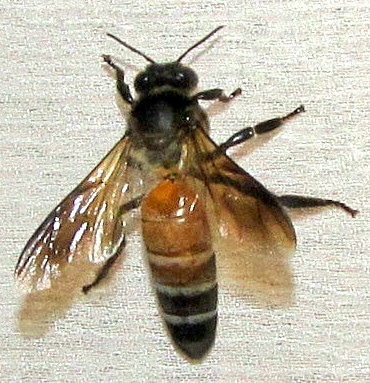
Apis indica (Indian honey bee)
Apis indica are generally medium in size. You would usually find their hives in the cracks of trees, house corners and cracks on the wall, in areas that are calm. They are calm and so can very easily be domesticated. They make a few hives which are about 30 cm long and very close to each other. Every hive produces 3-6 kg of honey a year.
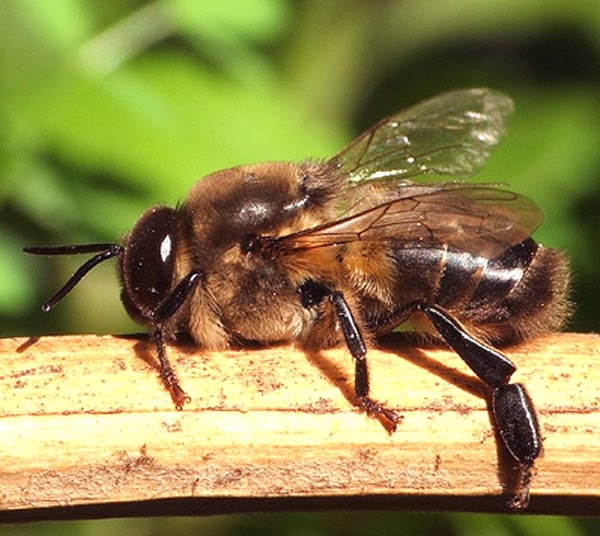
Apis florea (Little honey bee)
These are the smallest bee species, hence the name little honey bee. You can usually find them in plain areas with their hives on tree branches, cracks on plant and walls, roof corners, holes etc. Their hives are small and they often change their living place. They produce honey as little as 300g-450g in their hives. This is basically the reason they are not used for commercial honey production. Their sting is not active. You can find this species of bees in many Asian countries.
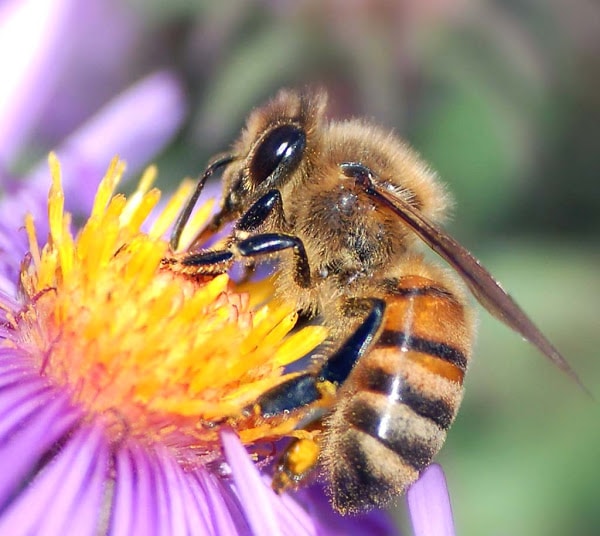
Apis mellifera (Halvan bee)
They are also called the European bees and they are the only honey-producing bees in Europe. Beekeepers raise this species of bees for commercial honey production in America, Africa and Europe. They are reddish-yellow in colour and are very suitable for artificial production worldwide. They produce 45kg – 100kg of honey from the hive yearly.
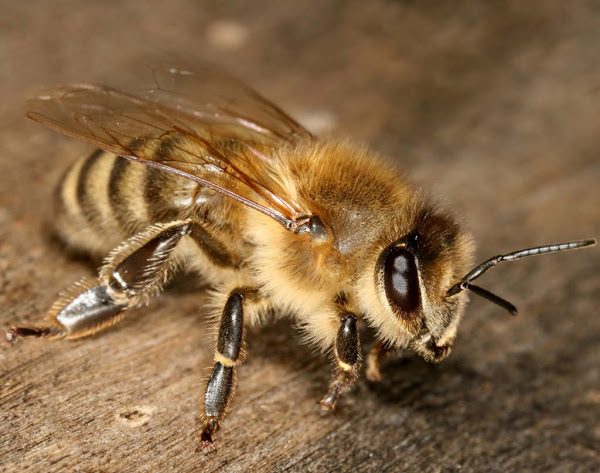
Note: Beekeepers mostly keep bee species whose names start with “Apis-” because only those species produce honey.
Read also: Detailed Guide to Rabbit Production and Management in Ghana
The importance of bees and beekeeping
Beekeeping is very beneficial in areas such as health, environment, economy, research etc. Among some of the general importance of bees and beekeeping are as follows.
- Honey
Honey is one very important product we get from bees and beekeeping. Besides being a sweetener has some health benefits. It has flavonoids and antioxidants which may help reduce the risk of cancer and heart diseases. It is also antibacterial and antifungal and is widely known to soothe a sore throat. Moreover, it helps to boost memory and used to treat wounds and dandruff.
- Beeswax
Beeswax is another essential product of beekeeping with a lot of commercial significance. They use them in cosmetics and the medical industry. It is also used as a coating for cheese and a food additive.
- Pollinators
Bees are very essential to food production as they help pollination. They are very good pollinators and so are used effectively in agroforestry and other agricultural cropping systems.
- Income
Beekeeping is very profitable as it requires a relatively very small amount of investment and time. This could help many improve their finances. You can do it as an additional job with very little investment.
- Afforestation
Beekeeping can lead to other activities like afforestation, fruit tree and tree crop planting. This is because beekeepers need to create a conducive environment for the bees.
- Not much skill required
The techniques of beekeeping are not difficult to master. Almost everyone can practice beekeeping; the young, the old, men and women.
- Materials accessible
Beekeeping materials are easily available and accessible. They are also relatively less expensive.
- No land required
You do not need land to have your own apiary although land and farm owners have a greater advantage.
Summary
When we consider the many benefits of bees and beekeeping, it is only prudent that we incorporate it into our everyday farming. If you want to keep bees and enjoy the benefits, you would need to protect from all harm. The consciousness to keep your bees alive will help to desist from applying chemicals that will be harmful to them.
References
Honey Bee Species (roysfarm.com)
The Importance of Pollinators (uaex.edu)
Featured Image Source: The Conversation
